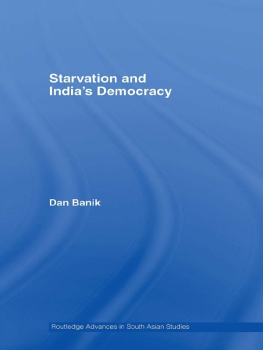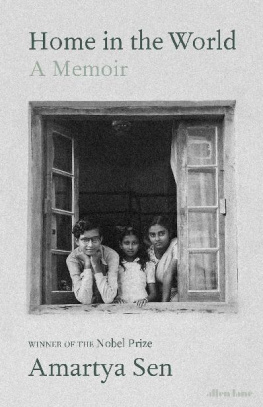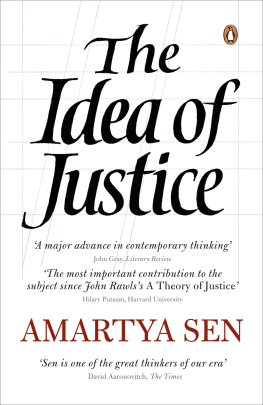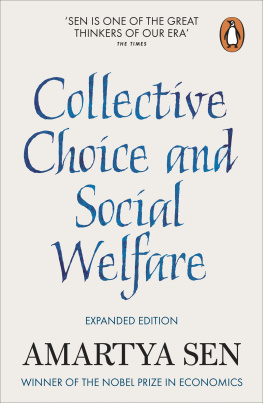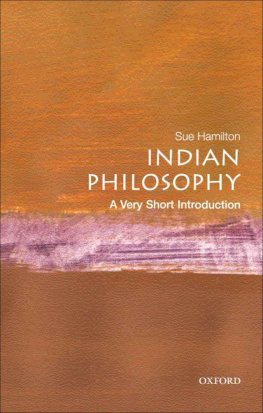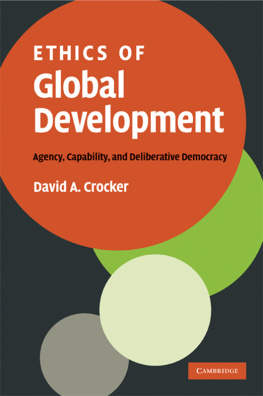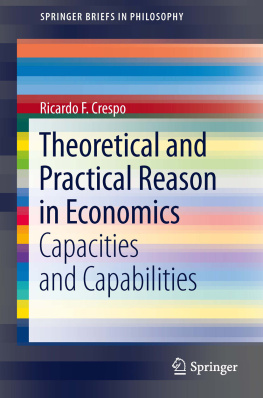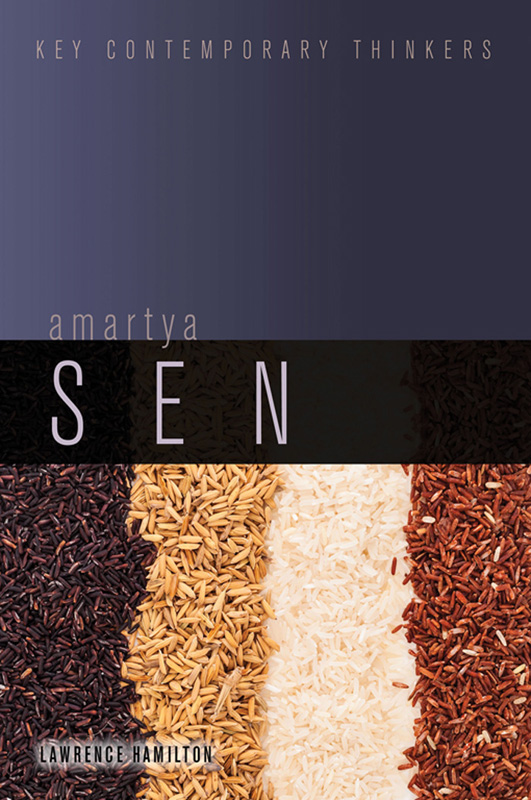Table of Contents
Guide
Pages
Key Contemporary Thinkers Series
- Jeremy Ahearne, Michel de Certeau
- Lee Braver, Heidegger
- John Burgess, Kripke
- Claire Colebrook, Agamben
- Jean-Pierre Couture, Sloterdijk
- Colin Davis, Levinas
- Oliver Davis, Jacques Rancire
- Reidar Andreas Due, Deleuze
- Edward Fullbrook and Kate Fullbrook, Simone de Beauvoir
- Nigel Gibson, Fanon
- Graeme Gilloch, Siegfried Kracauer
- Lawrence Hamilton, Amartya Sen
- Christina Howells, Derrida
- Simon Jarvis, Adorno
- Rachel Jones, Irigaray
- Sarah Kay, iek
- S. K. Keltner, Kristeva
- Matthew H. Kramer, H.L.A. Hart
- Moya Lloyd, Judith Butler
- James McGilvray, Chomsky, 2nd edn
- Lois McNay, Foucault
- Marie-Eve Morin, Jean-Luc Nancy
- Timothy Murphy, Antonio Negri
- Ed Pluth, Badiou
- John Preston, Feyerabend
- Severin Schroeder, Wittgenstein
- Susan Sellers, Hlne Cixous
- Anthony Paul Smith, Laruelle
- Dennis Smith, Zygmunt Bauman
- James Smith, Terry Eagleton
- James Williams, Lyotard
- Christopher Zurn, Axel Honneth
Amartya Sen
Lawrence Hamilton
polity
Copyright Lawrence Hamilton 2019
The right of Lawrence Hamilton to be identified as Author of this Work has been asserted in accordance with the UK Copyright, Designs and Patents Act 1988.
First published in 2019 by Polity Press
Polity Press
65 Bridge Street
Cambridge CB2 1UR, UK
Polity Press
101 Station Landing
Suite 300
Medford, MA 02155, USA
All rights reserved. Except for the quotation of short passages for the purpose of criticism and review, no part of this publication may be reproduced, stored in a retrieval system or transmitted, in any form or by any means, electronic, mechanical, photocopying, recording or otherwise, without the prior permission of the publisher.
ISBN-13: 978-1-5095-1984-2
ISBN-13: 978-1-5095-1985-9(pb)
A catalogue record for this book is available from the British Library.
Library of Congress Cataloging-in-Publication Data
Names: Hamilton, Lawrence, 1972- author.
Title: Amartya Sen / Lawrence Hamilton.
Description: Medford, MA : Polity, 2019. | Series: Key contemporary thinkers | Includes bibliographical references and index.
Identifiers: LCCN 2018040025 (print) | LCCN 2018052297 (ebook) | ISBN 9781509519880 (Epub) | ISBN 9781509519842 (hardback) | ISBN 9781509519859 (pbk.)
Subjects: LCSH: Sen, Amartya, 1933- | EconomistsIndia. | Welfare economics. | Social justice. | EconomicsMoral and ethical aspects.
Classification: LCC HB126.I43 (ebook) | LCC HB126.I43 .S467 2019 (print) | DDC 330.15/56dc23
LC record available at https://lccn.loc.gov/2018040025
Typeset in 10.5 on 12 pt Palatino
by Toppan Best-set Premedia Limited
Printed and bound in the United Kingdom by CPI Group (UK) Ltd, Croydon
The publisher has used its best endeavours to ensure that the URLs for external websites referred to in this book are correct and active at the time of going to press. However, the publisher has no responsibility for the websites and can make no guarantee that a site will remain live or that the content is or will remain appropriate.
Every effort has been made to trace all copyright holders, but if any have been overlooked the publisher will be pleased to include any necessary credits in any subsequent reprint or edition.
For further information on Polity, visit our website:
politybooks.com
In memoriam John Hamilton
Preface
There is something neatly apt about finishing a book on Amartya Sen on the day the world celebrates Labour Day or International Workers Day (truth be told, on the United Kingdom's watered-down May Day version) and a couple of days after Karl Marx's birthday (Marx at 200). Marx is much more of a forebear for Sen's ideas than many admit including Sen himself; and Marx, Sen and Labour Day all celebrate the powers and solidarity of workers the world over. A great day to end a period of great labour, though not easy, as it is a beautiful spring day out there the warmest May Day on record and I am stuck inside. Moreover, today is supposed to be about leisure, something that has inspired Marx and Sen's thinking though, of course, the sheer volume of their writings attests, in all likelihood, to very little leisure time.
It has been a privilege to write this book. It has also been really hard work. This is the case for two main reasons, the one positive and the other negative. The positive reason is, of course, that trying to distil the main ideas of someone who has published so many groundbreaking works in such varied fields is quite a task. I hope I have done some justice to the work of Amartya Sen's prolific and original contributions to so many areas of inquiry into the human condition. The negative reason is that, as Sen himself notes when discussing the work of John Rawls, every summary is ultimately an act of barbarism (IJ: 53). I hope that on the scale of literary barbaric acts this one is not too bad.
At first glance, the informed reader may ask herself how a book on Sen does not include a chapter on development or famines or gender. The easy answer would be to say that they are covered throughout, as dictated by Sen's own way of dealing with them in relation to the subjects covered by the book's chapters, which, although true, sounds a little like a cop out. The more correct answer is that I cover all of these topics at some length in the main introduction and in the first chapter; though, given Sen's interdisciplinary approach, the answer that sounds like a cop out is, in fact, closest to the truth. As will become obvious, all three of these topics are constant areas of concern and inspiration for Sen's work, and so they also make appearances throughout the rest of the book.
As regards development in particular, I take it to be so central to understanding Sen's ideas as a whole including the later ideas on justice and democracy that it constitutes a helpful mechanism of entry into the colossus of his corpus, which is why a large part of the substance of the introduction covers Sen's approach to development. As I argue there, development (and its deprivations) is what animates most of Sen's work. The book is thereafter structured around five main themes: choice, capability, freedom, justice and democracy. These are the titles of the substantive chapters. I have chosen this structure for both intellectual historical and pedagogic reasons. As regards the former, if rather loosely, these themes map the development of his thought over time. As regards the latter, the way in which I have laid out the chapters introduces the reader to the extraordinary breadth and depth of Sen's work and allows me to highlight two things: his most important ideas and a few possible lines of criticism. In other words, the chapters build on one another, so it does make sense to read them in the order they appear. However, they are also completely self-contained, so a reader with a particular interest could easily and productively dip in and out of chapters as required. Needless to say, given their subjects, they also cover some of the most important topics in economics, philosophy and politics.



